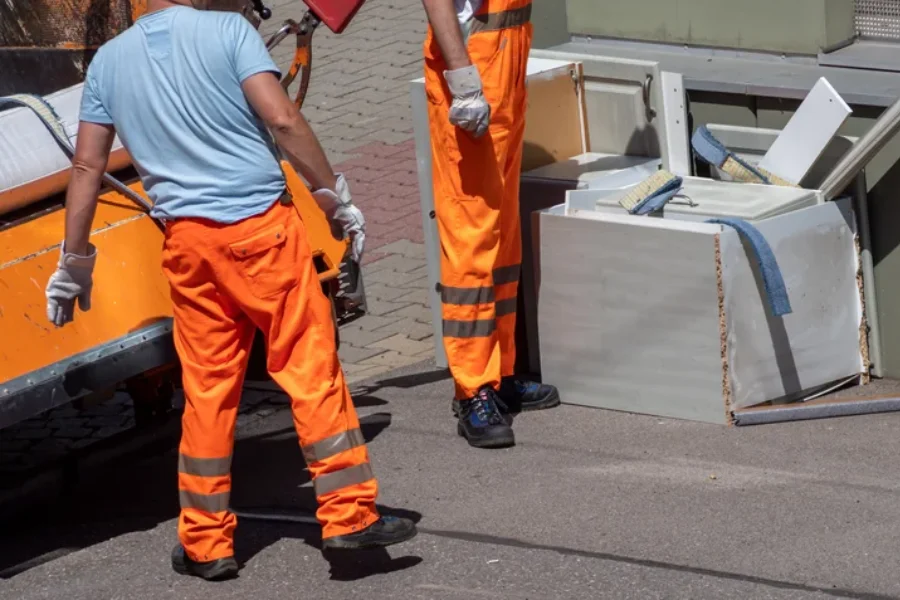A Guide to Avoiding Errors in Waste Management
Handling trash disposal efficiently is essential for maintaining a clean environment and reducing waste. Many people make common mistakes that hinder proper waste management, leading to environmental damage and increased costs. Understanding these errors can help you improve your waste management practices, ensuring your efforts are both effective and environmentally friendly.

Improper Sorting of Recyclables
One major mistake in trash disposal is not sorting recyclables correctly. Materials like paper, plastic, glass, and metal need separate bins. Mixing recyclables with regular trash can lead to contamination, which makes recycling processes less effective. To avoid this, educate yourself on local recycling guidelines and ensure each type of material is disposed of in the right bin.
Ignoring Local Trash Disposal Regulations
Many communities have specific rules about what can be thrown away and how it should be sorted. Ignoring these regulations can result in fines or service disruptions. Make sure to understand the requirements from your local trash removal services to comply effectively. This ensures better community cooperation and helps keep the area cleaner.

Overfilling Trash Bins
Another common mistake is overfilling trash bins. Overfilled bins might not be collected by trash removal services due to safety issues. Always make sure to break down large items and compact trash as much as possible within the bin’s capacity limits. This helps in efficient collection without causing delays or additional charges.
Failure to Separate Hazardous Waste
Hazardous materials like batteries, electronics, and chemicals require special handling. Disposing of these items with regular household waste can cause pollution and health risks. Most communities offer special collection days for hazardous waste. Make use of these services to dispose of such items safely and responsibly.
- Batteries require drop-off at designated points.
- Chemicals should be stored securely until disposal day.
- Electronics can often be recycled through special programs.
Lack of Composting Efforts
Organic waste constitutes a significant portion of household trash. Not composting these materials contributes to landfill growth unnecessarily. Composting can turn kitchen scraps into valuable soil amendments, reducing waste and benefiting gardens. Set up a small composting system at home to manage organic waste effectively.
Throwing Away Reusable Items
Often, reusable items are discarded when they could serve a purpose elsewhere. Items such as clothes, containers, and furniture might find new life through donation or repurposing. Before throwing items away, consider if they can be reused or donated to reduce waste generation and support sustainable living.
- Assess an item’s condition before disposal.
- Explore local organizations accepting donations.
- Identify creative ways to reuse items.
The Value of Proper Trash Disposal Practices
Avoiding common mistakes in trash disposal promotes environmental health and reduces long-term costs. By following local guidelines, separating recyclables, managing hazardous waste properly, and considering composting, you contribute significantly to a more sustainable future. Our team is ready to assist you with expert advice tailored to your needs. Call (854) 201-9563 today for more information on improving your waste management strategies. At Marin Junk Removal LLC, we are committed to serving clients throughout Summerville, SC with dedicated support and solutions designed for effective waste management.
